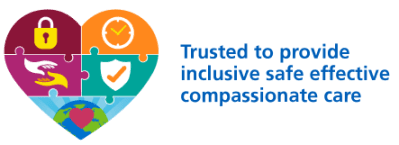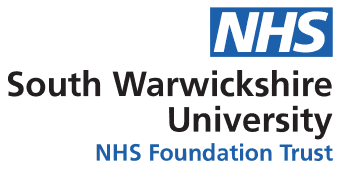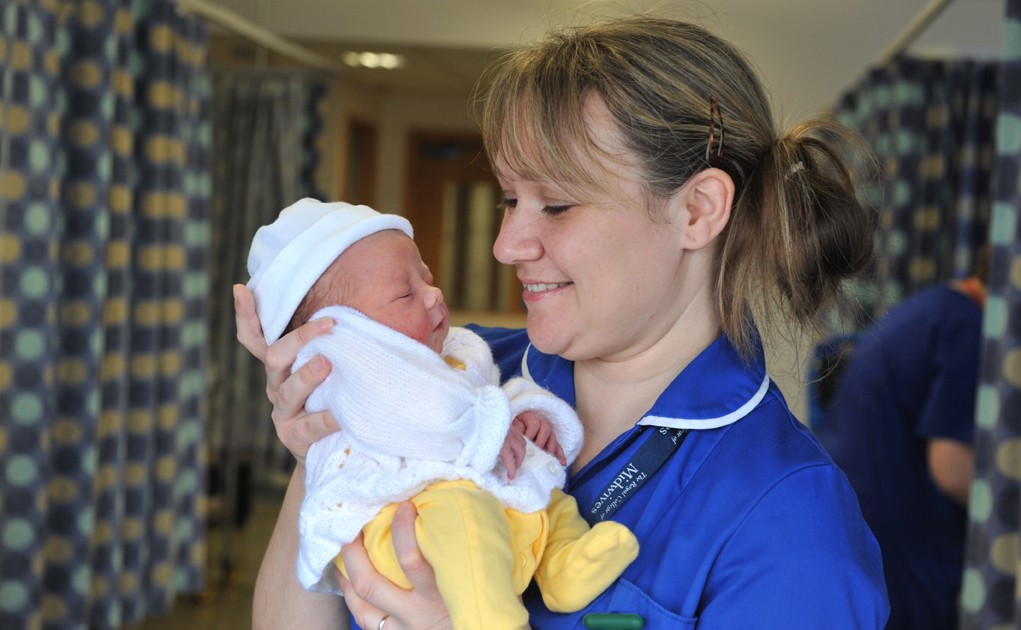Having a baby is an exciting time. With the highest standards of healthcare quality and safety, our dedicated team is here to guide you through your care choices and will provide you with personalised care throughout your pregnancy, birth and after your baby is born.
We offer maternity services at Warwick Hospital, Stratford Hospital and in the community at Children and Family Centres. You can plan to give birth at home, in our midwifery led unit (the Bluebell Birth Centre) or in our obstetric unit. Both units are situated at Warwick Hospital and provide a welcoming and calming environment. Our friendly and highly skilled staff are proud to welcome over 3,000 babies into the world each year!
We strive to give babies, parents and families everything they need for the best start in life.
When you find out you’re pregnant, book your maternity care with us by completing our self-referral form below. You can also find advice about keeping healthy during your pregnancy on our webpage.


